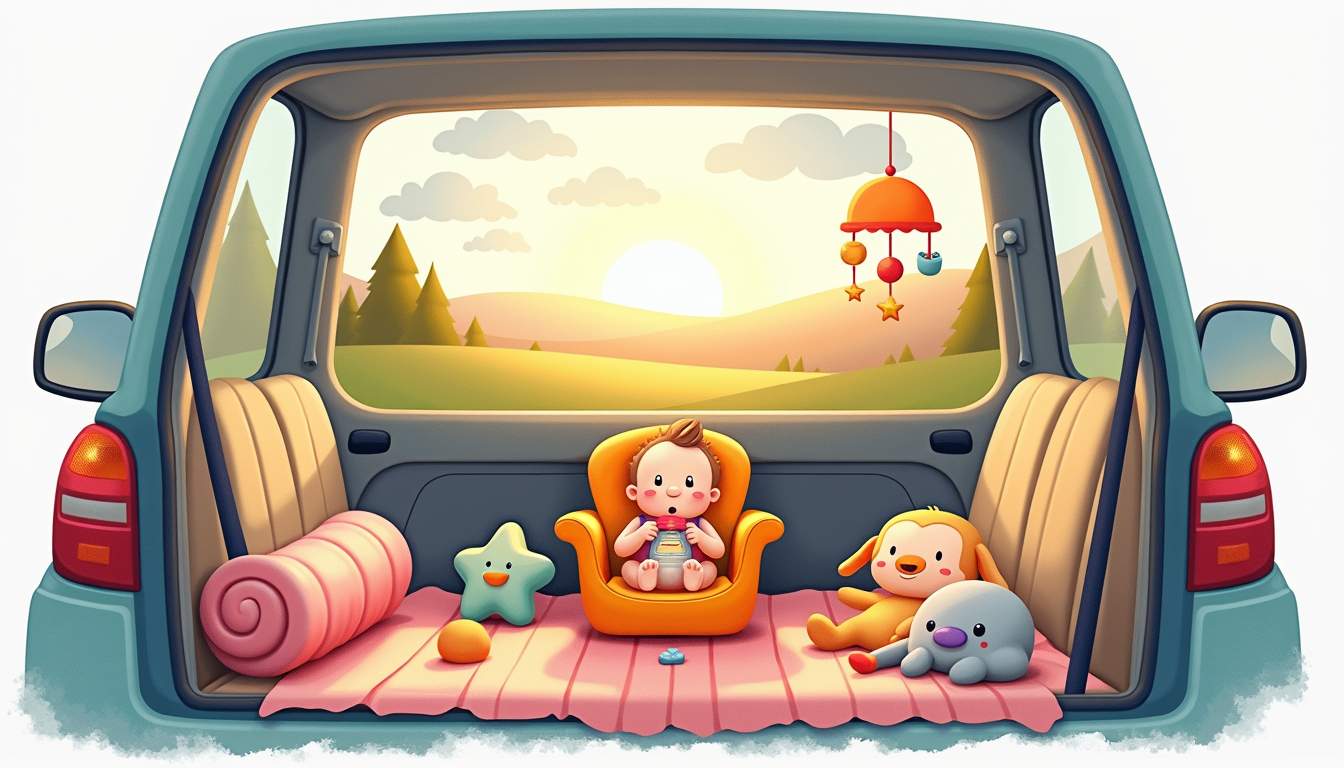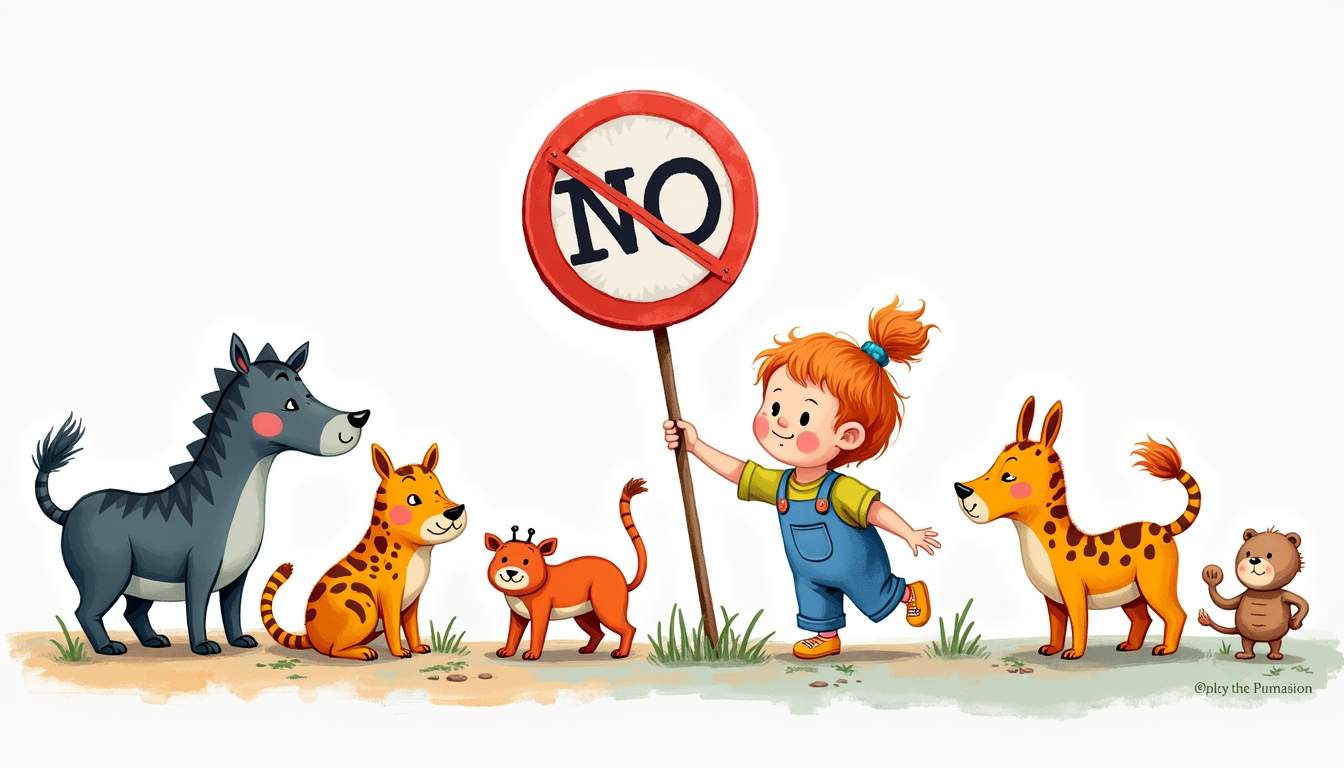Understanding the learning needs of toddlers is essential in fostering their development during these formative years. This article explores various aspects of toddler growth, essential skills they must acquire, the importance of play, and how to create an enriching environment that supports their learning.
Understanding Toddler Development
As toddlers transition from infancy to early childhood, they undergo significant changes in various dimensions of their development. These changes can be categorized into cognitive, emotional, social, and physical development. Each area plays a crucial role in shaping a toddler’s ability to learn and interact with the world around them.
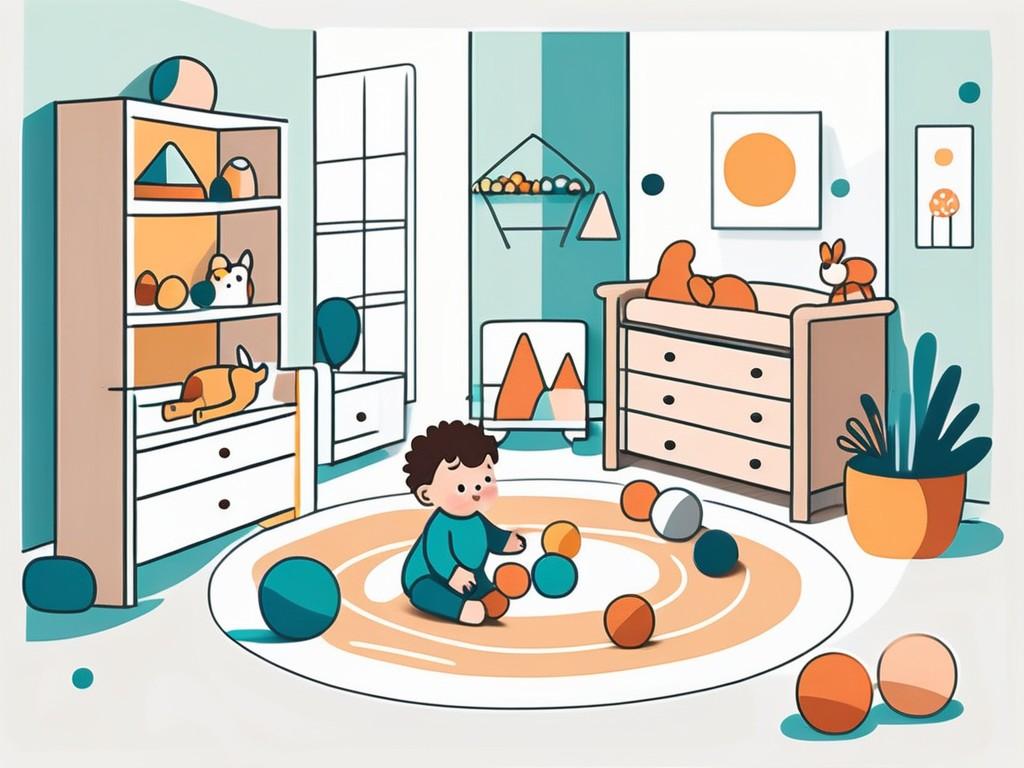
Cognitive Development in Toddlers
Cognitive development encompasses the mental processes used for thinking, learning, and problem-solving. During this stage, toddlers start to explore their environment through curiosity and experimentation. They develop critical thinking skills as they engage with different stimuli, learn to make connections, and understand cause and effect.
Activities that promote cognitive development include puzzles, age-appropriate games, and storytelling. Encouraging toddlers to ask questions and think creatively helps them build a strong cognitive foundation, essential for future learning. Simple science experiments, such as mixing colors or observing how objects float or sink, can also ignite a toddler’s interest in the world around them, fostering a sense of wonder and inquiry.
Emotional and Social Development in Toddlers
Emotional and social development is intertwined and plays a significant role in toddlers’ ability to form relationships and understand feelings. During this stage, toddlers start to express a range of emotions and recognize those in others. They learn empathy, sharing, and cooperation through social interactions.
Providing opportunities for toddlers to engage with peers and adults enhances their social skills. Activities like group play or family interactions foster emotional intelligence and help children navigate their feelings in a supportive environment. Additionally, reading books that depict various emotions can help toddlers identify and articulate their feelings, while also teaching them about the feelings of others, thus enriching their emotional vocabulary and understanding.
Physical Development in Toddlers
Physical development involves the growth of both fine and gross motor skills. Toddlers experience rapid growth, and their physical abilities expand significantly. They learn to walk, run, climb, and manipulate objects, all of which contribute to their overall physical health and coordination.
Incorporating activities that encourage movement, such as dancing or outdoor play, supports physical development. Manipulative toys that require hand-eye coordination also aid in refining fine motor skills essential for tasks like writing in later years. Furthermore, engaging in activities like throwing balls, kicking, or jumping helps toddlers develop balance and coordination, which are crucial for their physical confidence and ability to participate in more complex activities as they grow older. Regular physical activity not only promotes health but also enhances mood and cognitive function, creating a holistic approach to a toddler’s development.
Essential Learning Needs for Toddlers
Based on developmental milestones, several essential learning needs emerge that help toddlers thrive. Focusing on various skill areas ensures a holistic approach to learning that addresses the diverse aspects of a toddler’s growth.
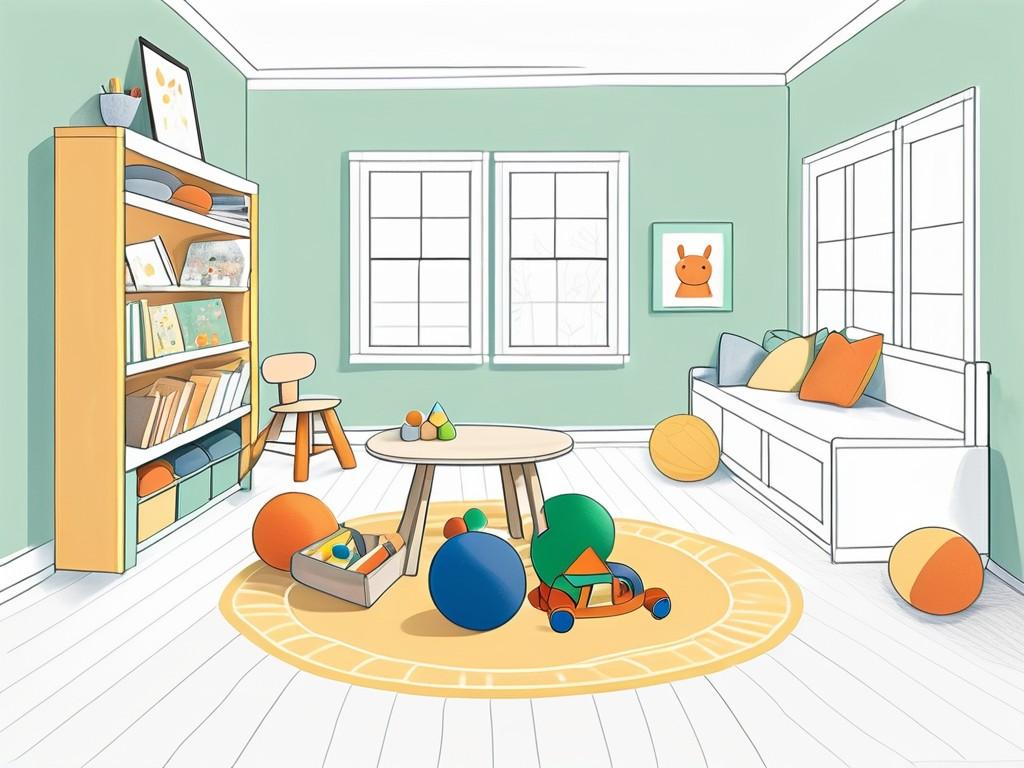
Language and Communication Skills
Language development is vital for a toddler’s ability to express themselves and communicate effectively. During this period, toddlers acquire vocabulary and the ability to form simple sentences. Reading to toddlers regularly helps strengthen their language skills and exposes them to new concepts and ideas.
Encouraging toddlers to express their thoughts and feelings enhances their communication abilities. Using everyday moments as learning opportunities—such as naming objects during play—can significantly contribute to language acquisition. Additionally, engaging toddlers in songs and rhymes can further enhance their phonemic awareness, which is crucial for later literacy skills. Singing repetitive songs or engaging in call-and-response games not only makes learning fun but also reinforces their understanding of language rhythm and structure.
Motor Skills Development
Developing motor skills is essential for toddlers as they learn to navigate their surroundings. These skills are foundational for later functional abilities, such as writing and sports. Engaging toddlers in a variety of activities that require different types of movements supports this development.
Playing with building blocks, drawing, or using playdough can help improve fine motor skills, while activities like running, jumping, and climbing enhance gross motor skills. Encouraging a wide range of physical play ensures well-rounded motor development. Moreover, incorporating music and movement activities, such as dancing or following simple choreography, can also be beneficial. These activities not only promote physical coordination but also allow toddlers to express themselves creatively, fostering a sense of confidence in their physical abilities.
Social Interaction and Emotional Skills
Learning how to interact socially and manage emotions is critical for toddlers. They need guidance in developing empathy, sharing, and handling conflicts. Providing multiple opportunities for group interactions helps them navigate these complex social landscapes.
Role-playing scenarios or guided group activities can give toddlers practical experiences in developing these essential skills. Adults can help model positive interactions, offering praise for sharing or managing frustration in a healthy way. Additionally, introducing concepts like turn-taking through games can further enhance their understanding of social dynamics. By creating a safe environment where toddlers can express their emotions and learn from their peers, caregivers can foster resilience and emotional intelligence that will serve them throughout their lives.
Sensory and Exploration Skills
Toddlers learn extensively through their senses. Exploration is a natural part of their learning process, and it involves using sight, sound, touch, taste, and smell. Providing sensory play opportunities allows them to interact with their surroundings actively.
Activities such as water play, sand play, and finger painting stimulate sensory development and encourage exploration. These experiences foster curiosity and allow toddlers to make discoveries about the world around them. Furthermore, incorporating nature into sensory play—such as exploring different textures found in leaves, rocks, and flowers—can deepen their understanding of the environment. Sensory bins filled with various materials, such as rice or beans, can also provide endless opportunities for tactile exploration, allowing toddlers to experiment with pouring, scooping, and sorting, which are all critical skills for cognitive development.
The Role of Play in Toddler Learning
Play is often regarded as a foundational aspect of learning for toddlers. Through play, they explore concepts, develop skills, and make sense of their experiences. Various types of play contribute to learning in different ways.
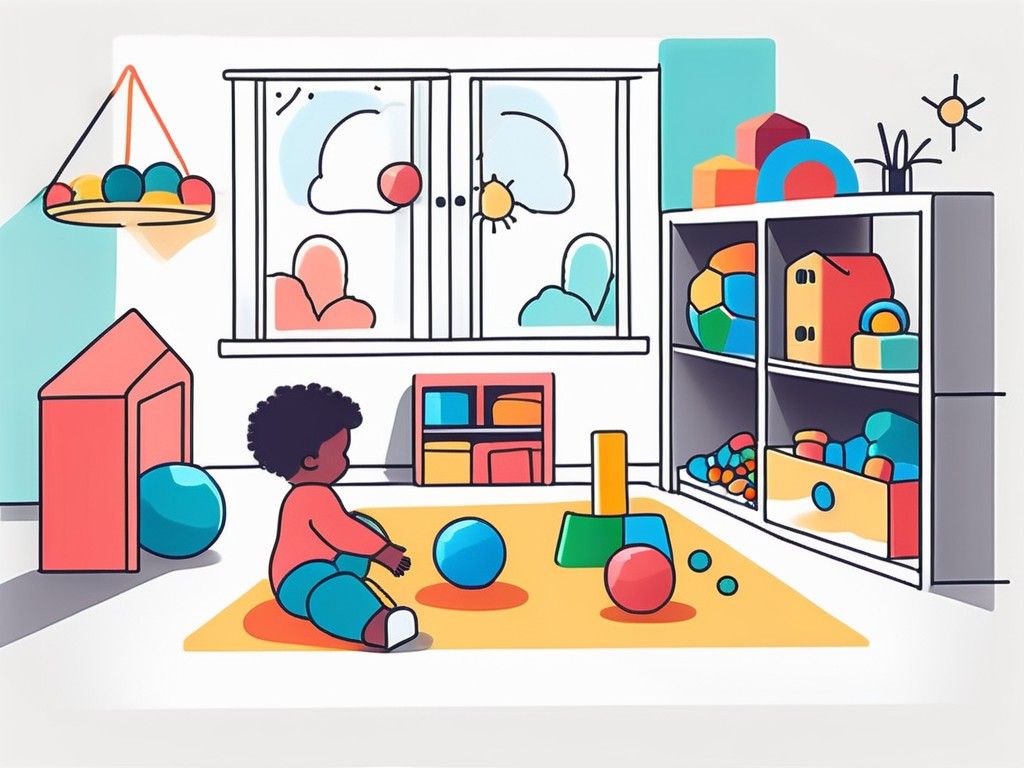
Types of Play for Toddlers
There are several types of play that benefit toddlers, including imaginative play, constructive play, and sensory play. Imaginative play allows toddlers to explore roles and scenarios, enhancing creativity and problem-solving skills. This type of play often involves the use of props or costumes, which can transform an ordinary living room into a bustling marketplace or a magical kingdom. By stepping into different roles, toddlers not only express their thoughts and emotions but also learn to empathize with others, understanding different perspectives and experiences.
Constructive play, such as building with blocks, facilitates logical thinking as toddlers learn about stability, balance, and spatial relationships. As they stack blocks higher and higher, they experiment with gravity and weight distribution, often leading to delightful moments of trial and error. Sensory play, as mentioned earlier, engages all the senses, promoting exploration and discovery. Activities like playing with sand, water, or playdough allow toddlers to manipulate materials, which enhances fine motor skills and encourages scientific thinking as they observe changes and outcomes.
Benefits of Play in Learning
Engaging in play provides numerous benefits for toddler learning. It helps develop cognitive skills, enhances physical abilities, and fosters social connection. Moreover, play contributes to emotional resilience as toddlers learn to navigate challenges and frustrations in a safe environment. When a toddler builds a tower that tumbles down, they experience disappointment, but through play, they also learn to try again, developing persistence and a growth mindset. This resilience is crucial as they encounter various challenges throughout their lives.
Overall, play enriches toddlers’ emotional, social, and cognitive development, making it an essential element in their learning processes. Additionally, play often serves as a bridge for communication, allowing toddlers to express their needs and desires while interacting with peers and caregivers. Through cooperative play, they learn vital social skills such as sharing, taking turns, and negotiating, which are foundational for building relationships as they grow. The rich tapestry of experiences woven through play not only prepares toddlers for the academic challenges ahead but also nurtures their overall well-being and happiness.
Nurturing a Toddler’s Learning Environment
Creating an inviting and stimulating learning environment is critical to meeting the learning needs of toddlers. This environment should be safe, interactive, and rich in learning materials to support a variety of developmental activities.
Creating a Safe Learning Space
Safety is a top priority when designing a learning environment for toddlers. The space should be free of hazards, with child-proof furniture and secure play areas. Providing a safe environment allows toddlers to explore freely without the constant worry of danger.
Moreover, creating boundaries within the space can guide toddlers effectively. This control fosters independence as they learn to explore their surroundings while remaining in a protected area.
Incorporating Learning Materials in the Environment
Integrating various learning materials into the toddler’s environment enriches their experiences. Items such as age-appropriate books, toys that promote problem-solving, and creative materials like crayons and paper can provoke curiosity and engagement.
Additionally, rotating these materials regularly keeps the environment fresh and stimulating, encouraging toddlers to explore different activities and concepts. This approach fosters a love of learning and exploration that can last a lifetime.
In conclusion, understanding and addressing the learning needs of toddlers is vital for their overall development. Through awareness of developmental stages, the incorporation of play, and a nurturing learning environment, caregivers and educators can significantly impact the growth and learning experience of toddlers.





